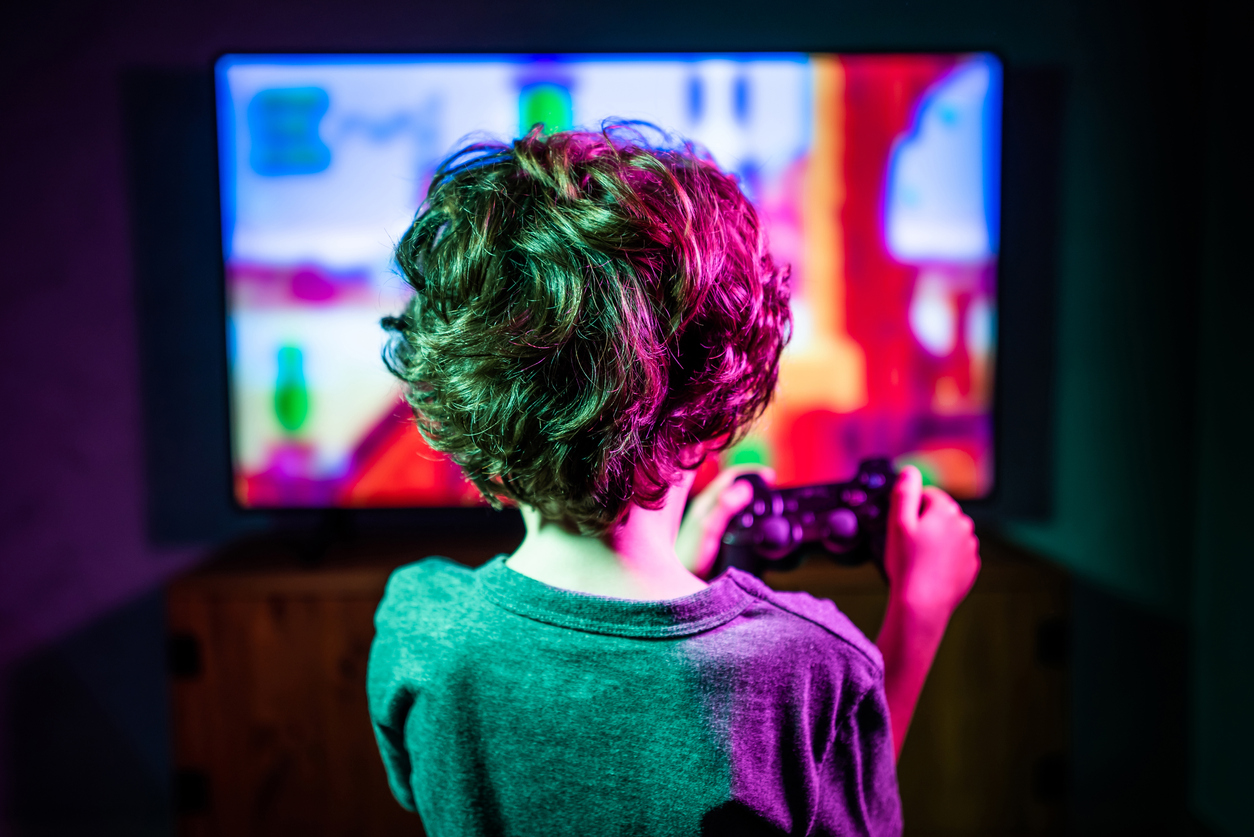

Danger Games: When Gaming Goes Too Far

Video games can be fun, entertaining, and educational. But gaming also has its problems, exposing young players to health risks and introducing them to bad habits that can be difficult to break. Taken to excess, they can become the Danger Games.
Parents of kids who like to play video games—either on a console or on their phones—should be aware of those risks. At the top of the list: addiction. The founder of a company that develops mobile games recently penned a column in the New York Times explaining why he won’t let his daughters play his company’s games. “(A)ddiction is cultivated in gaming,” he wrote. “That’s the ultimate goal: to build habit-forming games that have players coming back every day. In other words, it takes away the decision-making. We wanted people to reach for their phones first thing in the morning and jump right into our games, just as they check their social media and emails.”
Back in 2018, the World Health Organization updated its International Classification of Diseases reference book to include “gaming disorder.” Warning signs include:
* Your kid thinks about gaming nearly all the time
* Your kid reports feeling bad when he or she is not allowed to play
* Your kid is experiencing difficulties at school or home because of gaming and refuses to stop playing
The dangers of gaming extend to the body, too, particularly our eyes. Focusing eyes on a screen for hours on end (as anyone who works in an office can attest) isn’t good for them. Per Optometrists Network, signs that your kid is playing for too many hours include dry eyes, which tends to happen when you stare nonstop at a digital screen and fail to blink. People blink about 66% less often when gazing at a tablet, laptop or smartphone screen. But you need to blink more often, so your eyes will stay hydrated.
Playing too much can also cause eye strain or lead to headaches as your eyes have to keep refocusing on different places on the screen during scenes of intense movement. In some cases, staring the same distance at a screen can interfere with the eye’s ability to focus, leading to myopia (blurred vision).
There is also the issue of computer vision syndrome or CVS, which includes fatigue, headache, and eye strain along with a sore back and shoulder, all caused by staring at games for hours on end.
While there can be many positive aspects to gaming, such as helping your kid connect with like-minded individuals and share social experiences, or feeling a sense of accomplishment after completing a difficult task in the online environment, parents should be aware of the health risks. Help your kids manage their gaming and don’t let what can be a fun past time devolve into The Danger Games.


